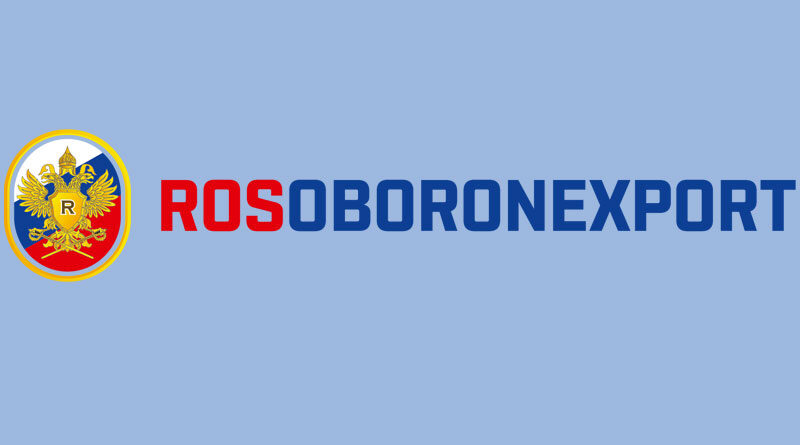Rosoboronexport Expands Technological Partnerships to Meet Global Market Demand
Director General of JSC Rosoboronexport, Alexander Mikheev, along with Deputy Chairman of the Russian Engineering Union, Vladimir Gutenev, convened a session on the development of foreign economic activities related to military-purpose products on March 28, 2024. The session, conducted via video conference, centered on the transformation of military and technical cooperation systems amidst increasing global interest in technological partnerships.
Alexander Mikheev highlighted Rosoboronexport’s successful implementation of over 10 major technological projects and ongoing initiatives aimed at joint manufacturing for various armed services. He emphasized the company’s plans to undertake promising projects in regions such as the Asia-Pacific, Middle East, Africa, Latin America, and CIS countries. Mikheev projected that by 2030, technological projects would constitute 40% of the global military products market, necessitating a transition to a new business model geared towards cooperation with commercial enterprises.
The primary driver behind the shift towards technological partnerships is countries’ commitment to industrial sovereignty, resulting in legislative limitations on product imports. However, one of the major challenges faced by Russian enterprises in this format is the risk of counterfeit production abroad, which not only incurs financial losses but also tarnishes the image of the Russian defence industrial complex.
To address this challenge, Rosoboronexport is collaborating closely with business partners and state customers abroad, while also concluding intellectual property cooperation agreements with leading Russian defence holding companies. Additionally, efforts are being made to bolster legal frameworks to combat counterfeiting, including preventive patenting of intellectual property for legal prosecution of illicit manufacturers.
Rosoboronexport proposes enhancing competencies in innovative management, financial administration, and intellectual assets control through personnel and educational projects in collaboration with the Russian Engineering Union. By adopting a modern, business-oriented approach open to technology transfer, Rosoboronexport aims to maintain its leading positions on key armament markets.
Alexander Mikheev concluded by highlighting the importance of developing competencies in innovative and risk management, financial administration, corporate governance, deal structuring, and intellectual assets control to uphold Rosoboronexport’s stature as a forward-looking company poised for sustained success in the global defence industry.


